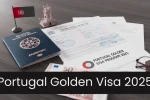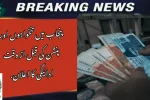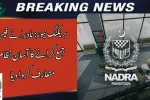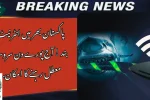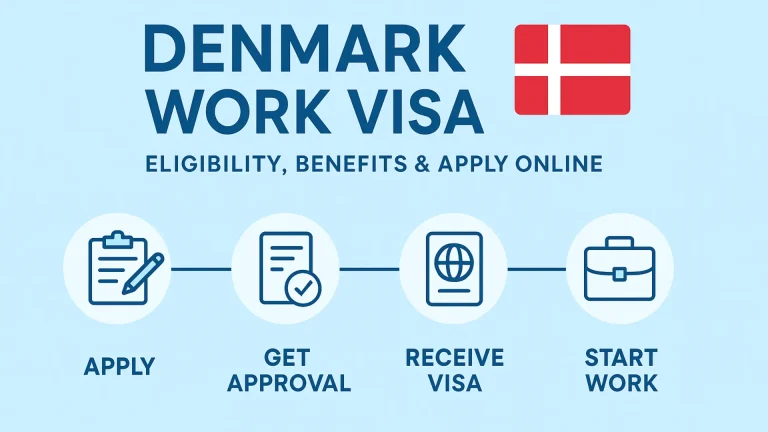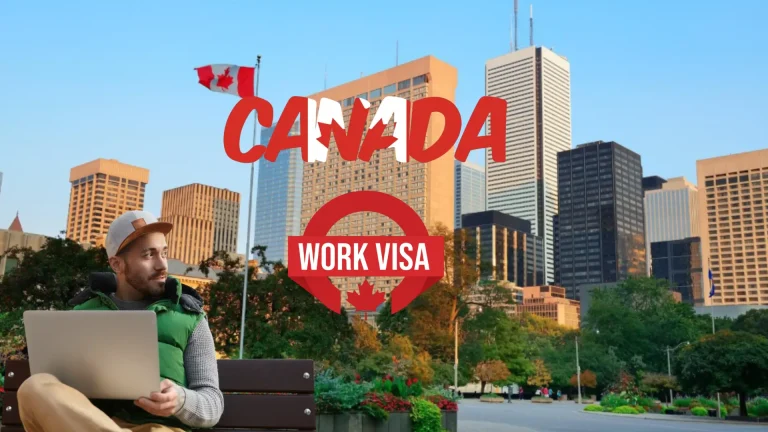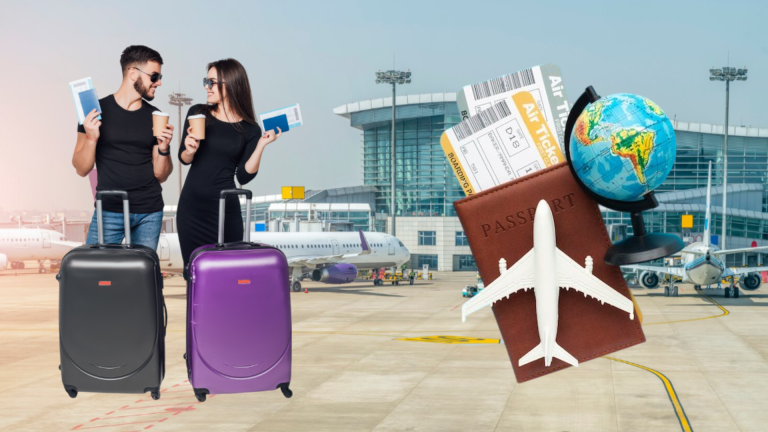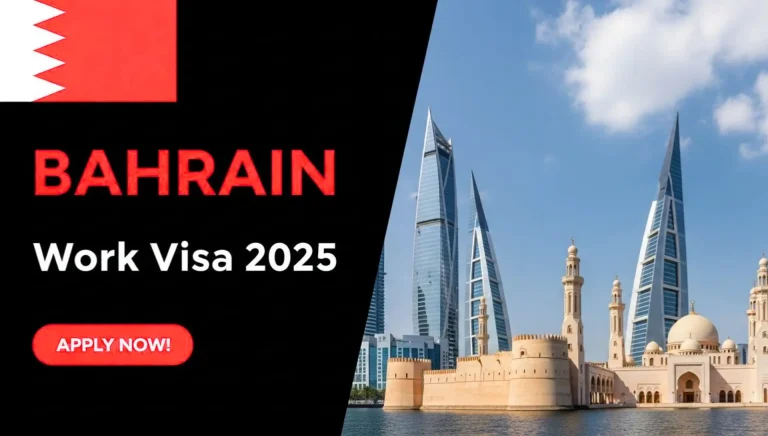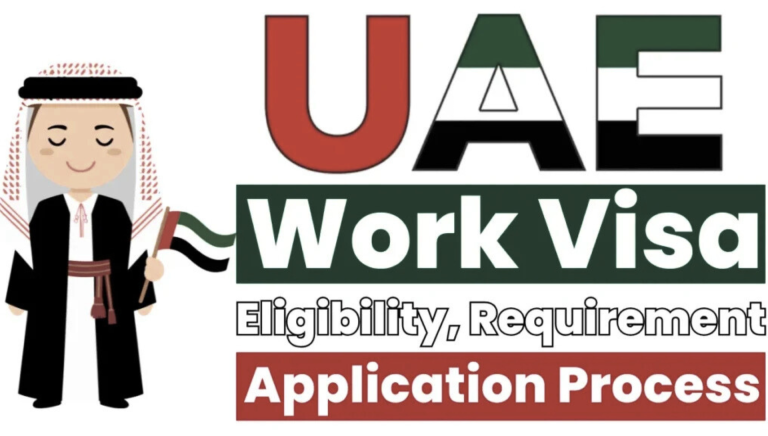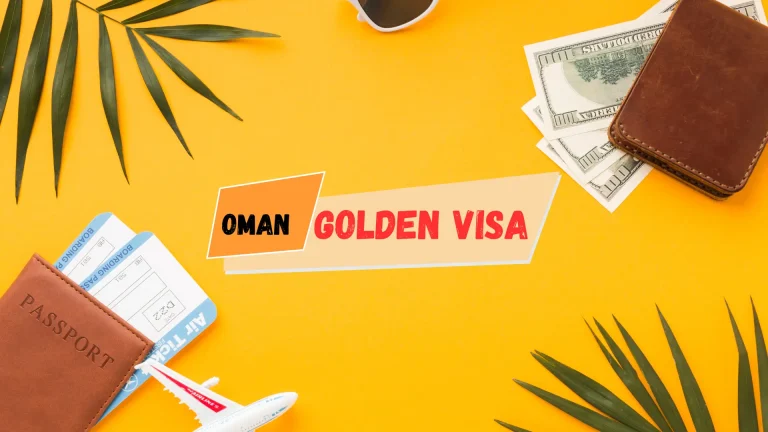F-1 Visa Denied for Applicant After Single Question at US Consulate (2025)
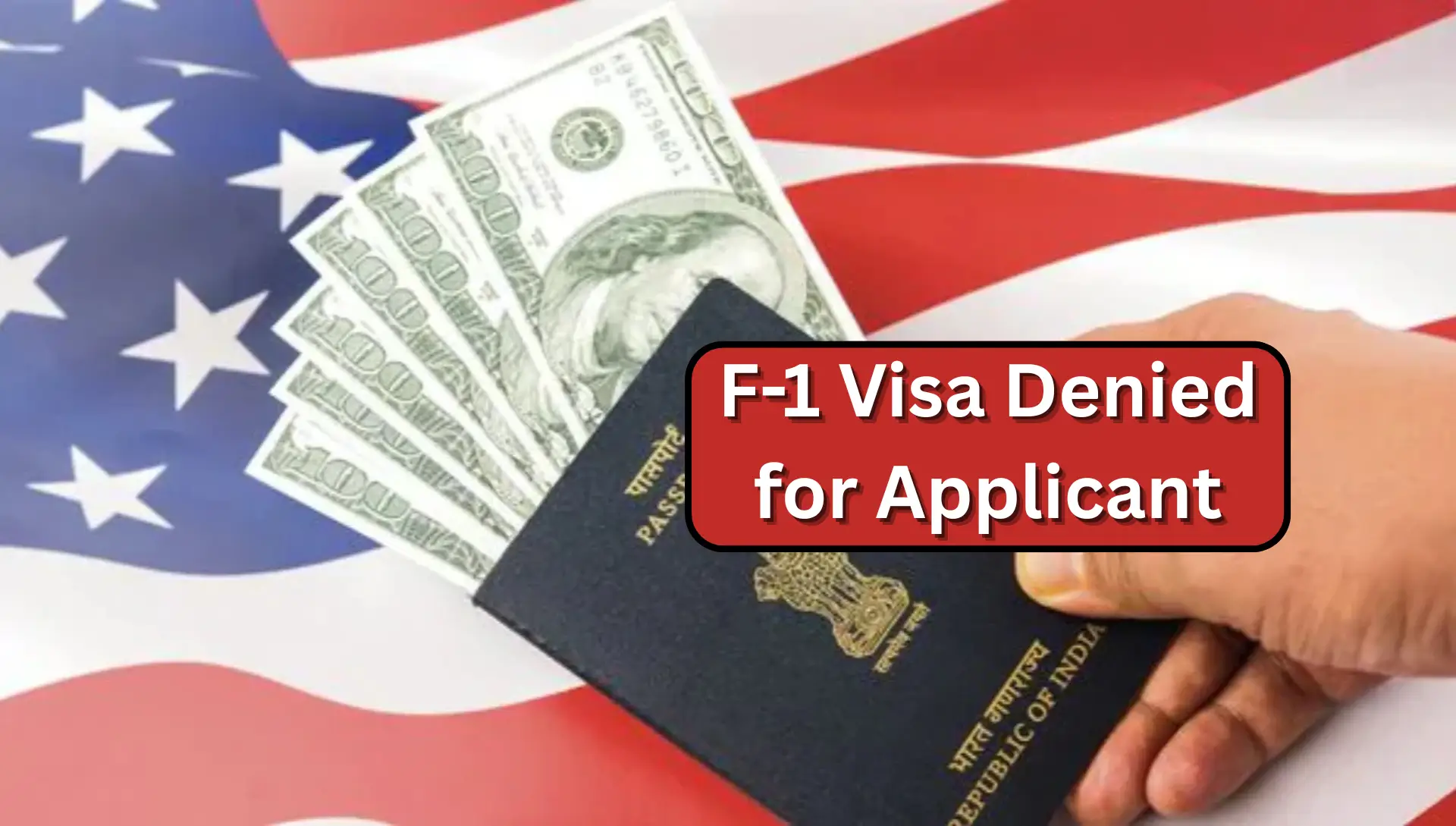
F-1 Visa Denied for Applicant After Single Question at US Consulate (2025). Getting an F-1 student visa approved is often the dream of many international students, but sometimes, even one short question at a US Consulate can decide your future.
In 2025, an Austrian applicant’s F-1 visa was denied after just one question, sparking discussions about 214B refusals and how unpredictable visa interviews can be.
In this article, I will break down what happened, why such denials occur, and what applicants can learn to avoid rejection in 2025.
The Case That Shocked Visa Applicants
A Reddit post recently went viral where a US student visa applicant from Austria claimed his F-1 visa was denied after a very brief interview.
According to the post, the applicant:
- Previously visited the US on a B1/B2 visa for volunteering.
- Planned to enroll in a community college program focused on construction technologies.
- Was denied the visa under Section 214B which relates to failure to prove strong ties to one’s home country.
What Happened in the Interview?
The applicant shared that the visa officer asked only one question:
“Have you studied before?”
After replying that he had studied in Vienna but didn’t like the program, the officer handed him a 214B refusal notice ending the interview abruptly.
This left both the applicant and his US-citizen partner confused. He wasn’t allowed to show supporting documents or explain his plans to return home after studies.
What is Section 214B?
Section 214B of the US Immigration and Nationality Act is one of the most common reasons for visa refusals — especially for F-1 student visas.
It means the officer wasn’t convinced that the applicant intended to return home after studying in the US.
| Refusal Type | Section | Reason | Common in |
|---|---|---|---|
| Nonimmigrant Intent Refusal | 214B | Weak home ties / migration risk | F-1, B1/B2, J-1 visas |
| Incomplete Documentation | 221G | Missing or unclear paperwork | All visa types |
| Fraud or Misrepresentation | 212A | False info or fake documents | Work or student visas |
So, a 214B refusal does not mean you’re banned — it simply means the officer wasn’t satisfied with your current circumstances.
The Applicant’s Background
The applicant had already spent time volunteering in the US under a B1/B2 visa, returned home to Austria for almost a year, and had all immediate family members living in Austria.
He applied for an F-1 visa to study construction technology a program not available in Austria. His goal was to gain specialized education and return for a career in project management.
Still, despite his strong ties, his case was denied within minutes.
Why Was the F-1 Visa Denied After a Single Question?
There are a few logical explanations behind such abrupt F-1 visa rejections in 2025.
1. Perceived Lack of Non-Immigrant Intent
Even though the applicant returned home, the officer may have assumed his previous US volunteering hinted at immigration intent.
2. Choice of Community College
Studying at a community college can sometimes raise red flags — especially when similar courses could be pursued in the home country.
3. Previous Academic History
When the applicant said he didn’t like his previous program, it may have sounded like a lack of commitment to studies.
4. Short Interview Time
US visa officers often make quick judgments. A one-question interview doesn’t always mean unfairness it means the officer had already made a decision based on pre-interview data.
Expert Insight: How Visa Officers Think
Visa officers are trained to identify potential immigrant intentions. They make decisions using a “90-second rule,” meaning they often decide within the first minute whether the applicant seems trustworthy and credible.
They evaluate:
- Purpose of study (Does it align with career goals?)
- Home ties (Family, property, or career in home country)
- Financial strength (Can you afford the program?)
- Past travel history (Any visa overstays or long visits?)
In this Austrian case, the applicant’s previous long stay in the US may have outweighed his current home ties in the officer’s judgment.
What Can Future Applicants Learn?
Getting an F-1 visa approval in 2025 depends on presentation, clarity, and documentation.
1. Show Strong Home Ties
Prove that you will return home after studying. Examples:
- Family ownership of property
- Job offer or business waiting back home
- Family dependency or care responsibilities
2. Choose a Relevant Study Program
Pick a field of study that clearly connects to your past education or future job market in your country.
3. Prepare Concise Answers
Officers want clear, confident, and short answers. Don’t give long explanations unless asked.
4. Carry Financial Proofs
Always bring:
- Bank statements showing tuition + living cost
- Sponsor letter (if any)
- Proof of scholarship or education loan
5. Avoid Overstaying on Previous Visas
Past long stays (like volunteer visits) can raise doubts. Maintain a clean immigration record.
Common Reasons Why F-1 Visas Are Denied (2025 Update)
| Reason | Description | Avoidance Tip |
|---|---|---|
| Weak Home Ties | Officer doubts return after study | Provide property or job proof |
| Poor Interview Answers | Nervous or unclear communication | Practice short, confident replies |
| Irrelevant Study Program | Chosen course not matching goals | Link it to your career path |
| Financial Instability | Unable to afford tuition/living costs | Show updated financial statements |
| Previous US Overstay | Suspicion due to long visit | Clarify legal stays and returns |
Reactions from the Immigration Community
The Reddit thread quickly gathered hundreds of comments from students, lawyers, and former visa officers.
Some users felt it was unfair to deny a visa after one question, while others argued that Section 214B allows officers to reject applicants if they suspect weak ties — even without reviewing documents.
Immigration experts suggested that the applicant could reapply with stronger documentation or pursue alternative visas such as:
- K-1 Fiancé(e) visa (if planning to marry a US citizen)
- I-130 Family-based petition (for permanent residence)
What Are Your Options After F-1 Visa Rejection?
If your F-1 visa is denied under 214B, it doesn’t mean the end.
Option 1: Reapply After Strengthening Your Case
- Wait at least 3–6 months.
- Prepare a strong statement of purpose (SOP).
- Include evidence of new home-country commitments.
Option 2: Switch Visa Category
If you’re engaged or married to a US citizen, explore:
- K-1 Fiancé(e) Visa — for couples intending to marry within 90 days in the US.
- CR-1/IR-1 Spouse Visa — for already married couples.
Option 3: Consult an Immigration Attorney
An expert can analyze your 214B refusal reason and help rebuild your case strategically for your next attempt.
F-1 Visa Denial Trends in 2025
According to the US Department of State, global F-1 visa rejection rates in 2024–2025 have slightly increased — especially for applicants from Europe, South Asia, and Africa.
Reasons include:
- Stricter background checks
- AI-based pre-screening of applications
- Heightened scrutiny of community college programs
This trend means students must prepare even better not just academically but also psychologically for interviews.
FAQs
1. Why was my F-1 visa denied after a short interview?
Because US visa officers often decide quickly if your home ties and intentions seem weak under Section 214B.
2. Can I reapply after my F-1 visa is rejected?
Yes, you can. Strengthen your documents and reapply after 3–6 months with improved proof of home ties and purpose.
3. What is the meaning of Form 214B in F-1 visa rejection?
It indicates you did not convince the officer that you’ll return home after studying in the US — it’s not a permanent ban.
4. Can volunteering in the US affect my future student visa?
Yes, if it suggests long-term residence or migration intent. Always clarify your past visits honestly.
5. How to avoid F-1 visa refusal in 2025?
Be clear, confident, and consistent about your study plan, career goals, and home connections.
Conclusion
The F-1 visa denial after one question shows how unpredictable US consulate interviews can be. Even with solid credentials, a quick decision can turn your plans upside down.

